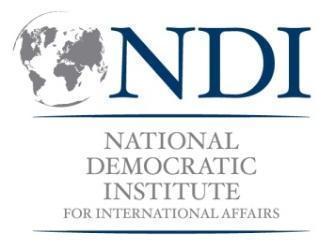This study was developed as part of the project “Combating online hate speech against religious groups and various vulnerable minority groups” and this is an important result of this program.
The project was a joint activity of religious and non-governmental organizations in Hungary, with the aim to combat online hate speech and to promote dialogue and advocacy in order to raise awareness about the destructive effects of hate speech.
Our coalition which developed this study and run the project together was formed at the end of 2020 with the following organizations: RGDTS (civil society), Organization of Muslims in Hungary (Muslim), Association of Hungarian Women Theologians (interfaith), Szim Salom (Jewish), Ambedkar School (Buddhist Roma), and Eszter Ház Association (Jewish).
Participating organizations have been successful in raising awareness of online hate speech among religious and ethnic minority groups and in providing tools for advocacy groups to respond effectively to hate speech.
We are pleased to present this study, which brings together the lessons learned from the individuals and organizations involved and committed to the topic; also supports the extension of the concept of hate speech beyond the strictly legal definition to online hurtful speech, as it can quickly spread to the reality of physical life if not curbed in time. The authors examine different aspects of this topic in their essays.



